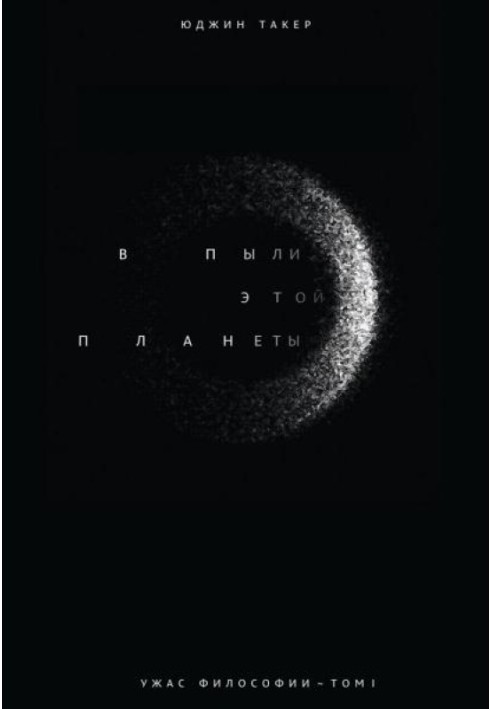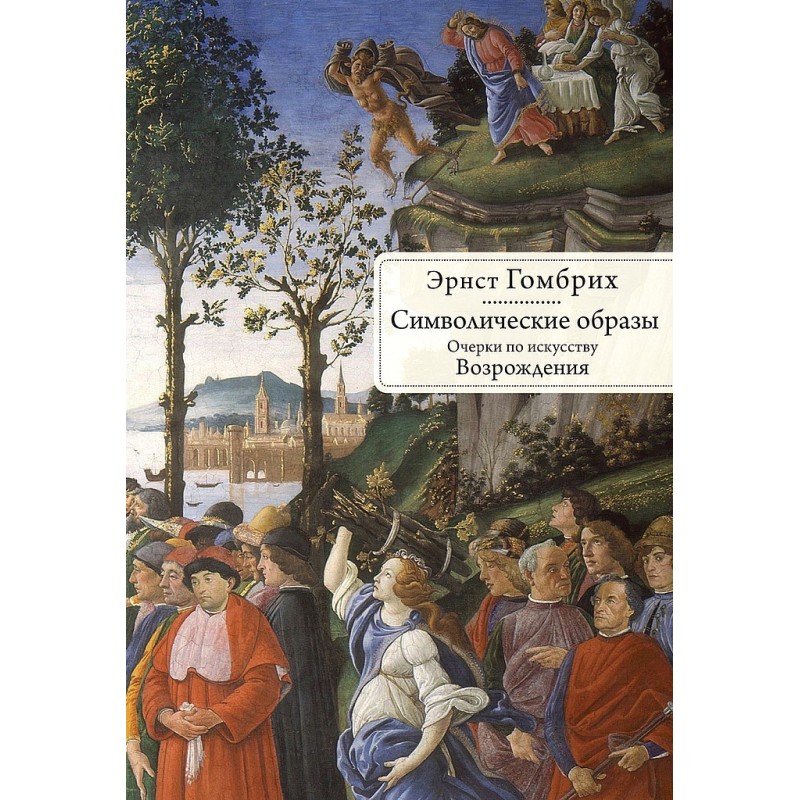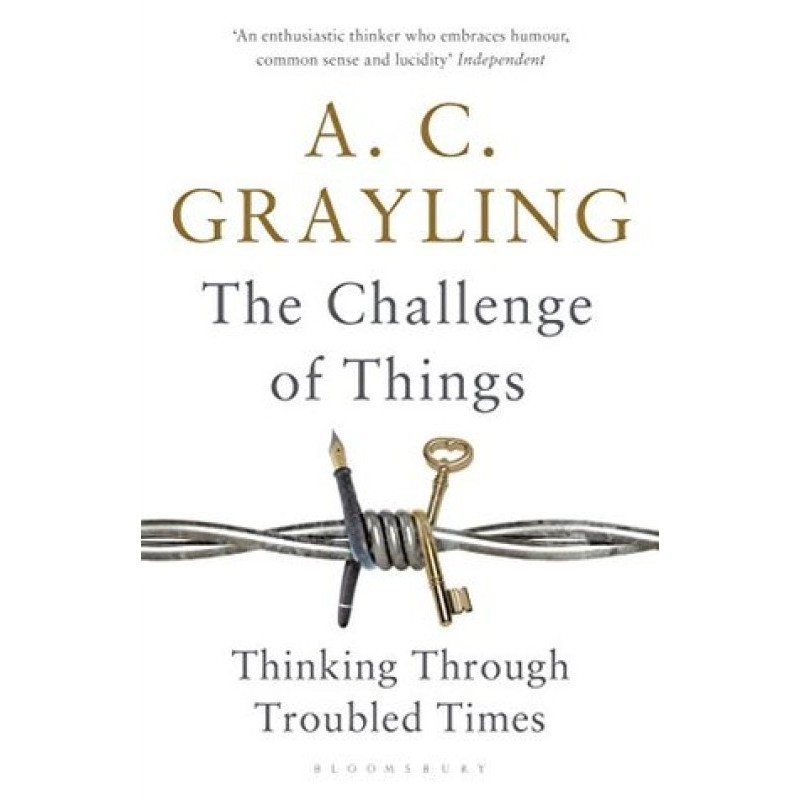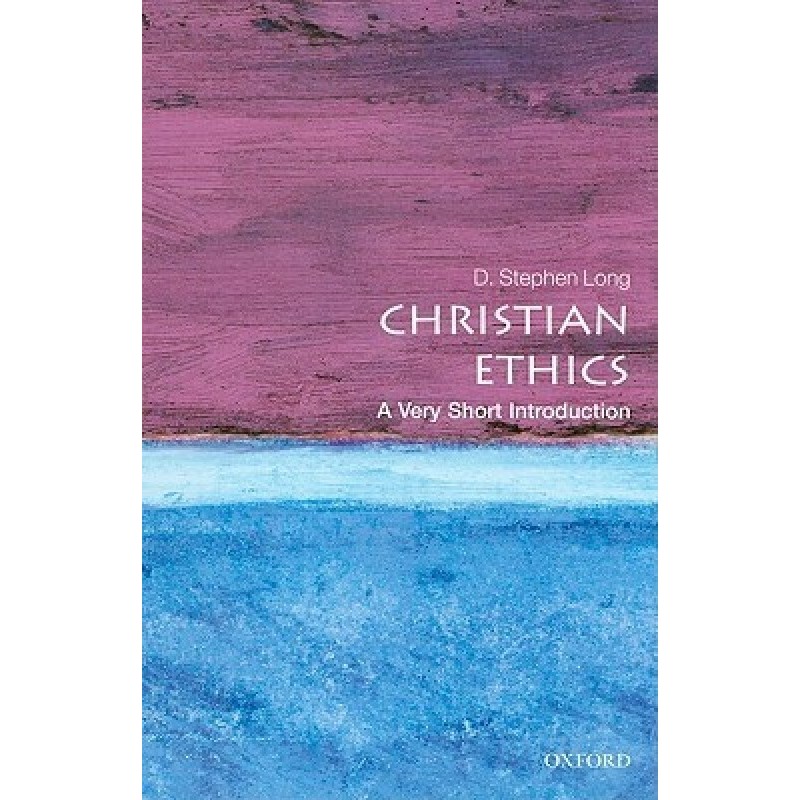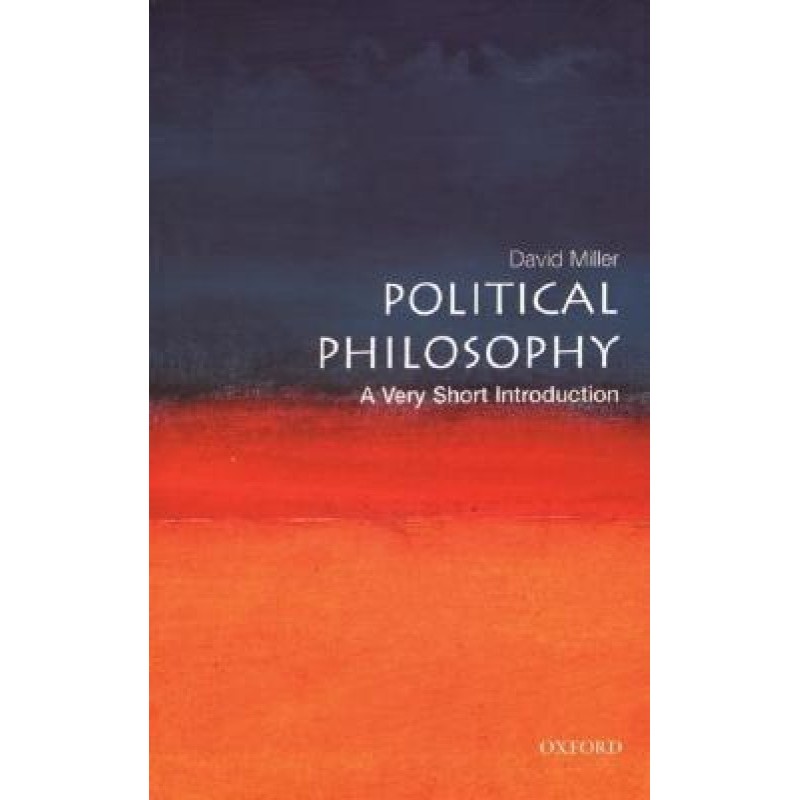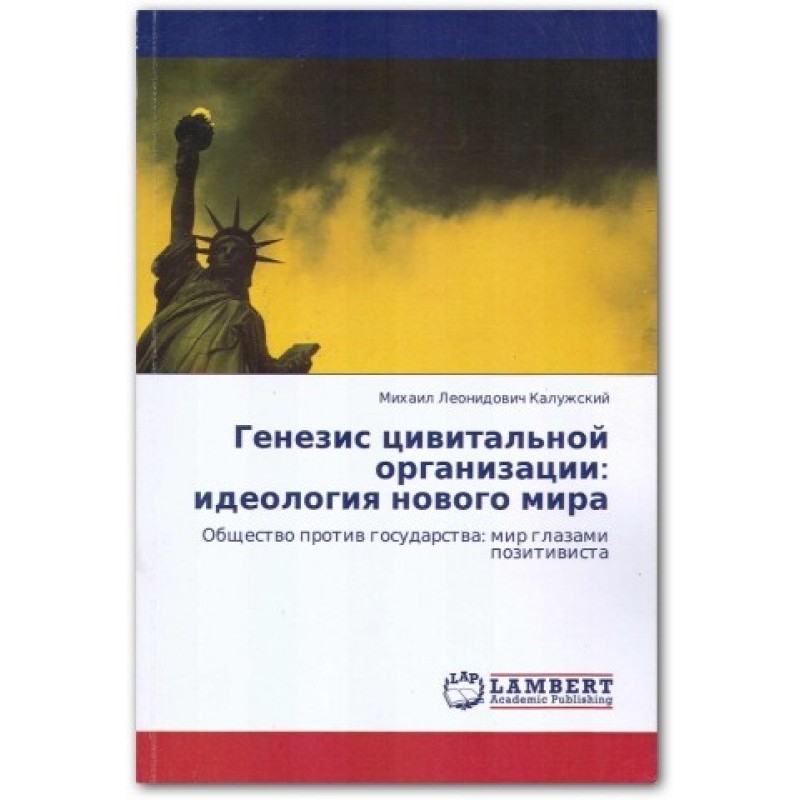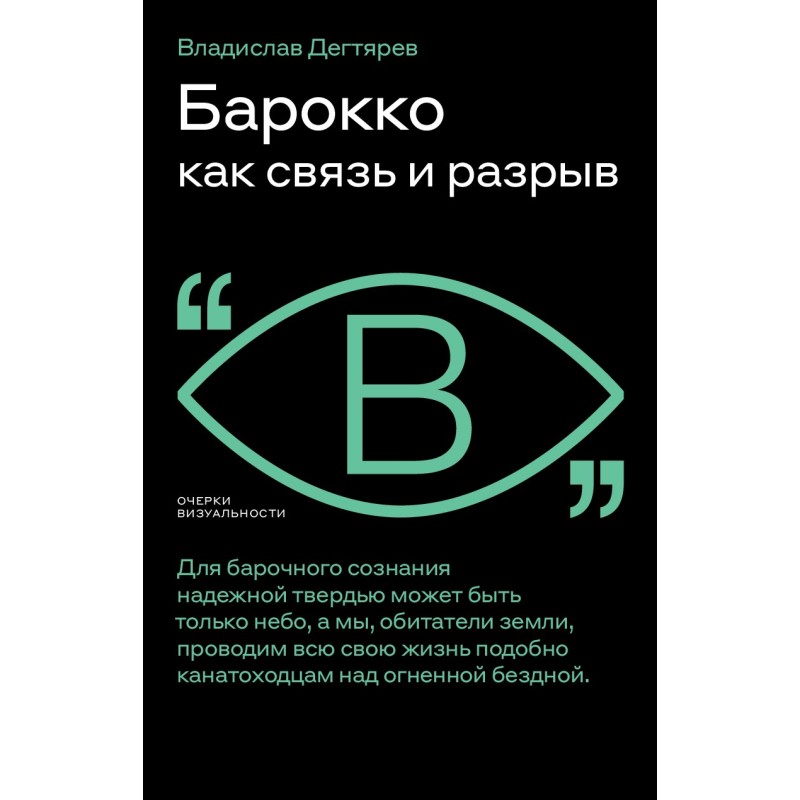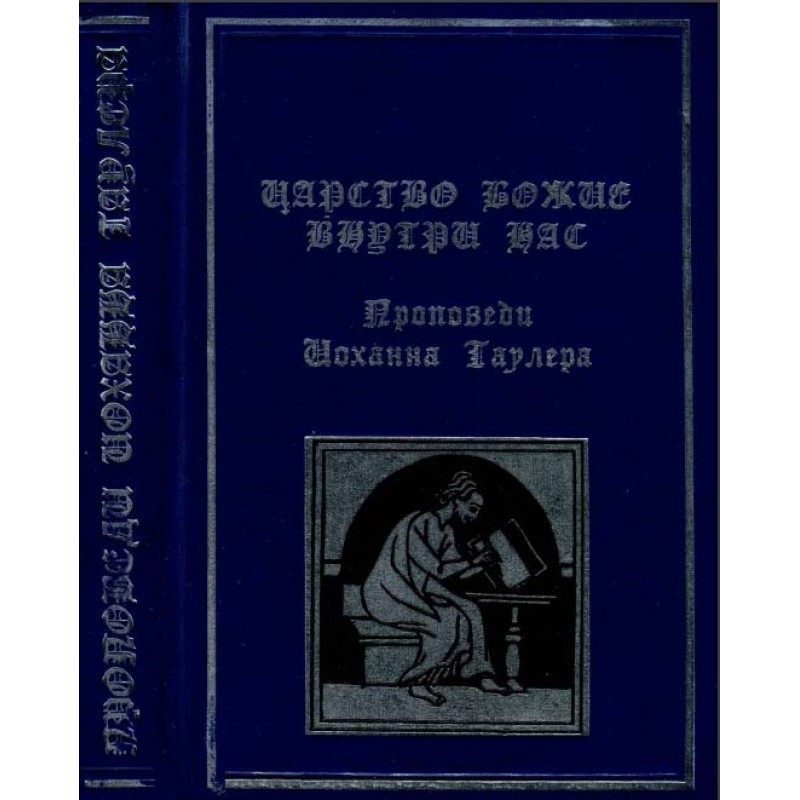In the dust of this planet
 Instant download
Instant download
after payment (24/7)
 Wide range of formats
Wide range of formats
(for all gadgets)
 Full book
Full book
(including for Apple and Android)
What happens if we attempt to rethink the boundary between the world-in-itself and the world-for-us, known from Kant, from the point of view of a strange and paradoxical world-without-us? This question is asked by the American philosopher and researcher of media, biotechnology and occultism Eugene Tucker, calling the world-in-itself the Earth, the world-for-us the World, the world-without-us the Planet. The planet as a world-without-us is a moving and restless border that does not have any specific location, but runs “in every fracture, anomaly, lacuna of this World and this Earth.” The abyss opens up everywhere. What it leads to is “baseless” mysticism in a situation after the death of God, Nature and Man. Thus, from the dust to dust of theological mysticism, the dust of climatological mysticism is born. This birth takes place in a patchwork landscape of many heterogeneous phenomena that exist at the intersection of theology, literature, biohorror, the occult, demonology and black metal music. All of them are meticulously collected and organized in this book, which itself has become one of such phenomena. Its name became the motto of cosmic pessimism, and the main ideas “scattered” throughout literature and cinema, in honesty, embodied in “True Detective” by Nic Pizzolatto.
“In the Dust of This Planet” is the first volume of Eugene Tucker’s trilogy “ The Horror of Philosophy”, in which horror and philosophy appear in a situation of parallax - a constant shift of view between two areas, neither of which can normally be seen when the other is seen. As a result, works of supernatural horror literature are seen as ontological and cosmological constructs, and the constructs of philosophers as narratives that tell us something about the nature of the horror that lies “beyond” the human.
Data sheet
- Name of the Author
- Юджин Такер
- Language
- Russian
- Translator
- Андрей Ф. Иванов

